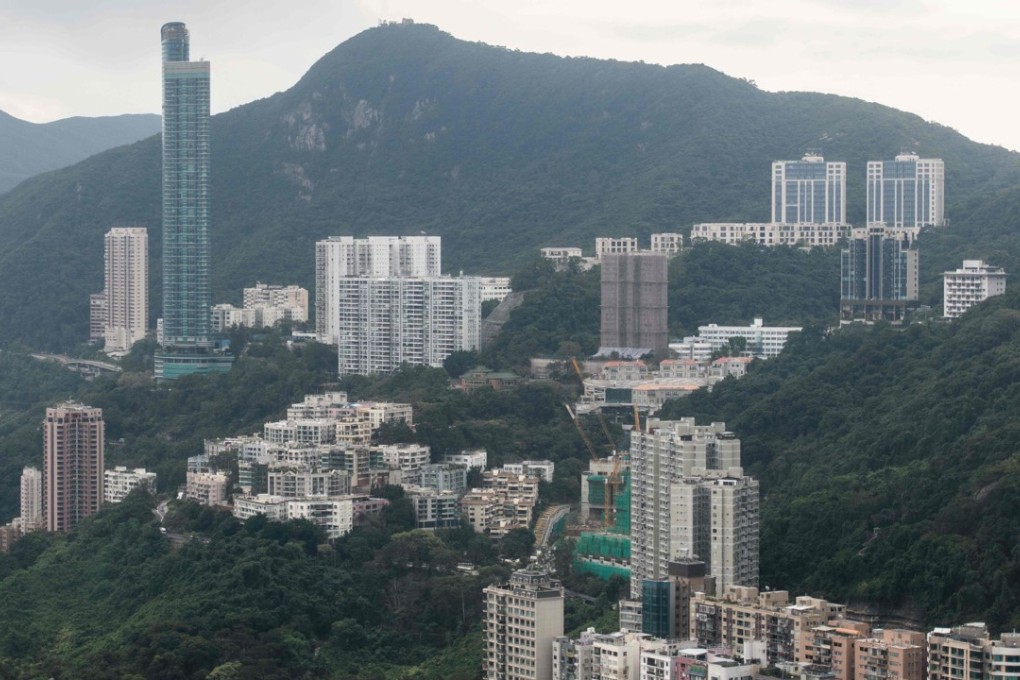Why Singapore’s housing model won’t work for home ownership in Hong Kong
Victor Zheng and Roger Luk say public scepticism about the Hong Kong government’s push for home ownership is well founded, as the public and private sectors serve different needs, and should be treated separately

Will this policy approach work? Many Hongkongers do not believe so, as asset value (housing as an investment) exceeds occupation value (utility). According to a recent poll conducted by the Hong Kong Institute of Asia-Pacific Studies, only 30 per cent of people surveyed are positive about the new policy, while 49 per cent are unconvinced and 21 per cent have reservations.
Xi Jinping says houses are ‘for living in, not for speculation’. But is Hong Kong listening?
Hong Kong’s public housing should cater to the masses, as Singapore’s does
In Singapore, public and private housing are strictly segregated, as the government recognises that the investment and utility values of housing changes with ownership. Utility is the overriding concern in public housing, while investment is overriding in the private market.
In Hong Kong, however, public and private housing are not mutually exclusive
In Hong Kong, however, public and private housing are not mutually exclusive. Public rental housing in the city is a type of social security, yet its flats may also be sold under the “green form” scheme. Moreover, owners can subsequently pay a land premium to acquire full ownership. Such “leakage” to the private market creates policy complexities at a time of market mismatch and imbalance. Thus, the “green form” scheme is inconsistent with the policy intent of public rental housing as social security.
It is not surprising that public views on the scheme are split. Our poll found that only 42 per cent of people surveyed supported a move to regularise the scheme, while 46 per cent are opposed to it.
The policy intent of the so-called “white form” scheme, which allows middle-income families to buy subsidised flats on the secondary market with the land premium unpaid, is similarly muddled.